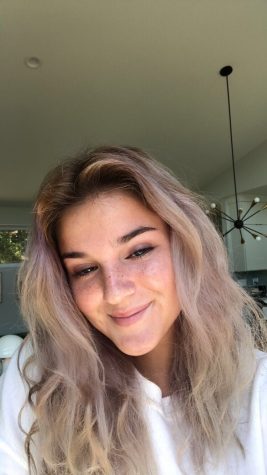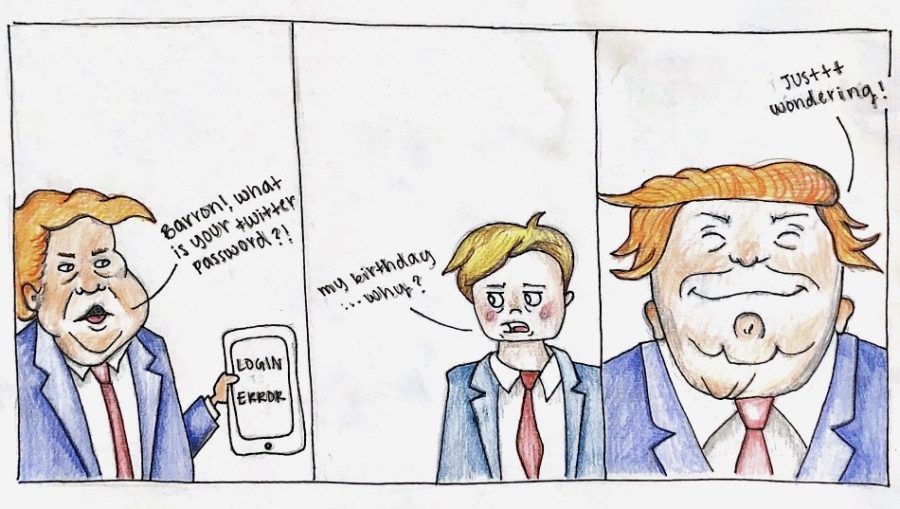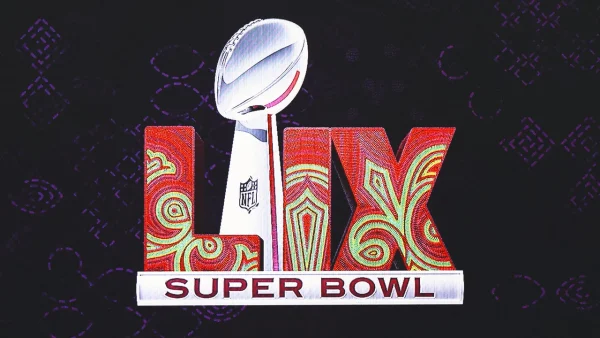Social Media Bans and Free Speech
On January 8, former president Donald Trump was permanently suspended from Twitter because of two tweets he made following the Jan. 6th riot at the U.S. Capitol when his supporters stormed the capitol building. Twitter deemed these tweets in violation of their terms of service, so they suspended his account. Under normal circumstances, this kind of suspension from a social media platform would be of little importance. But, of course, this is the former president we are talking about, and this event stirred up a large controversy. Some agreed with the company’s decision, and some labeled it as censorship. More prominently, though, it challenged the ideas of unbridled free speech that many hold, and it also begs the question whether social media platforms should be allowed to control the content that its users produce.
You can read Twitter’s statement here:
https://blog.twitter.com/en_us/topics/company/2020/suspension.html
Because it is a private company, Twitter is essentially able to censor or restrict people’s speech on their platform. The notable example of them utilizing this power is with the relatively new implementation of their fact-checking system. The presence of misinformation online feels to have disproportionately grown in recent months, and Twitter and other social media platforms needed a way to regulate it. Not everyone took kindly to this new feature, specifically those who have differing ideas of the truth than those of the companies. Conspiracy theorists and people who have immersed themselves in falsehoods believe that fact-checking is a direct attack on their ideals because most fact checks are done to prevent the circulation of what they believe is true. They see it as a powerful corporation abusing its power. It’s a fair point–even if their definition of reality is different, why should these companies have moral authority over the First Amendment freedom of expression, and why should they be able to prevent them from seeing the content that they wish to see?
Well, it is because the proliferation of lies has no possible positive consequences. It may alienate an entire group of people and not necessarily shift their beliefs in the right direction, but it could prevent more individuals from buying into these damaging myths. We need a way to quench the conspiracies and restore some sense of discernable truth. Even if it defies the unbridled flow of ideas from all people, the line must be drawn somewhere.
Parler is a prime example of what happens when there is no regulation of what is published by its users. Marketed as an unbiased social media platform, it was a breeding ground for destructive political conspiracies. People banned from more prominent social media sites funneled there as well, which stimulated the problem even further. It was recently removed from app stores and it is unavailable for use because of this reason. Other news sources such as ABC and NPR have made claims that this platform played a role in coordinating the Capitol riot.
The idea of restricting our inalienable right to express ourselves is still a hard one to swallow nonetheless. Matters of free speech are a slippery slope, so we must take caution when limiting it. We only need to eliminate falsehoods, and any elimination of ideas that are rooted in a solid foundation of truth must be prevented, even if we passionately disagree with them. This idea falls in line with hate speech as well. Allowing people to openly harass someone based on their inalterable appearance or character traits may be free speech, but it truly has no reasonable positive effects.








